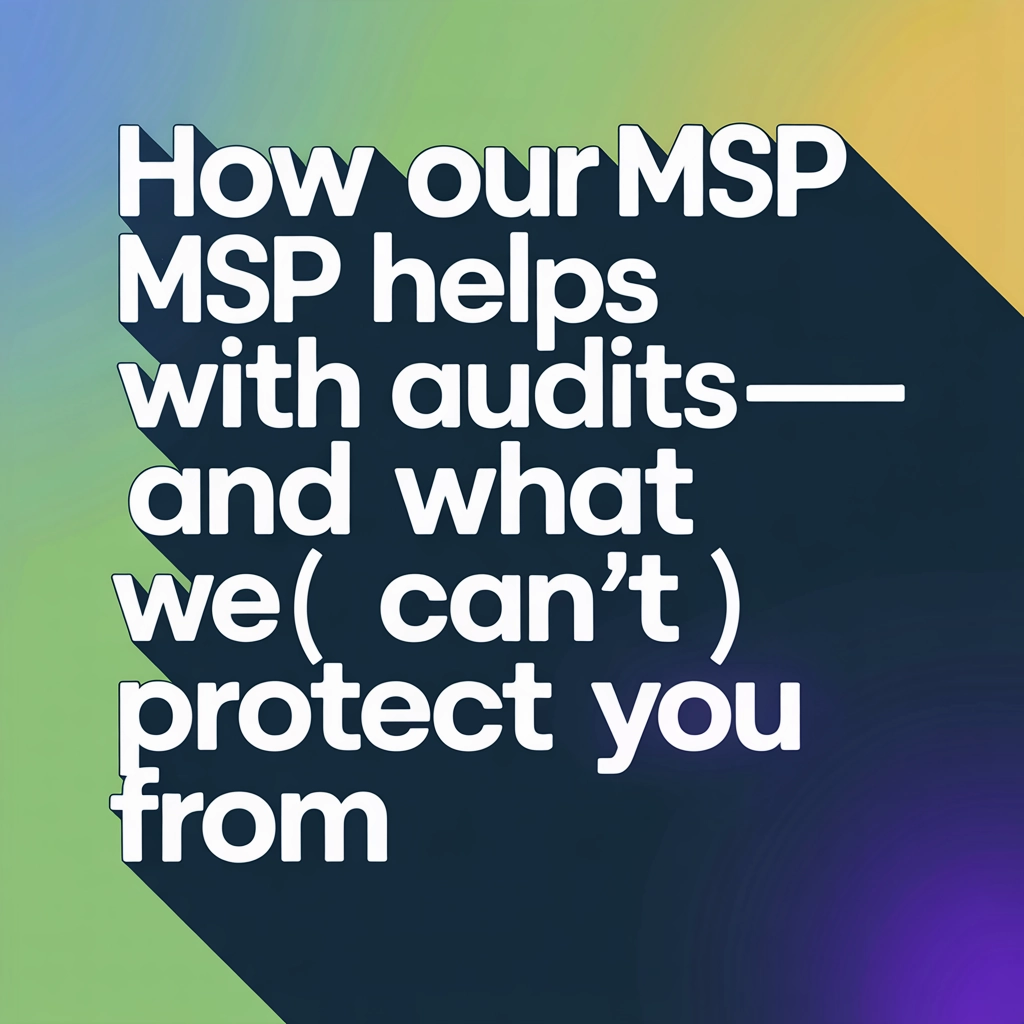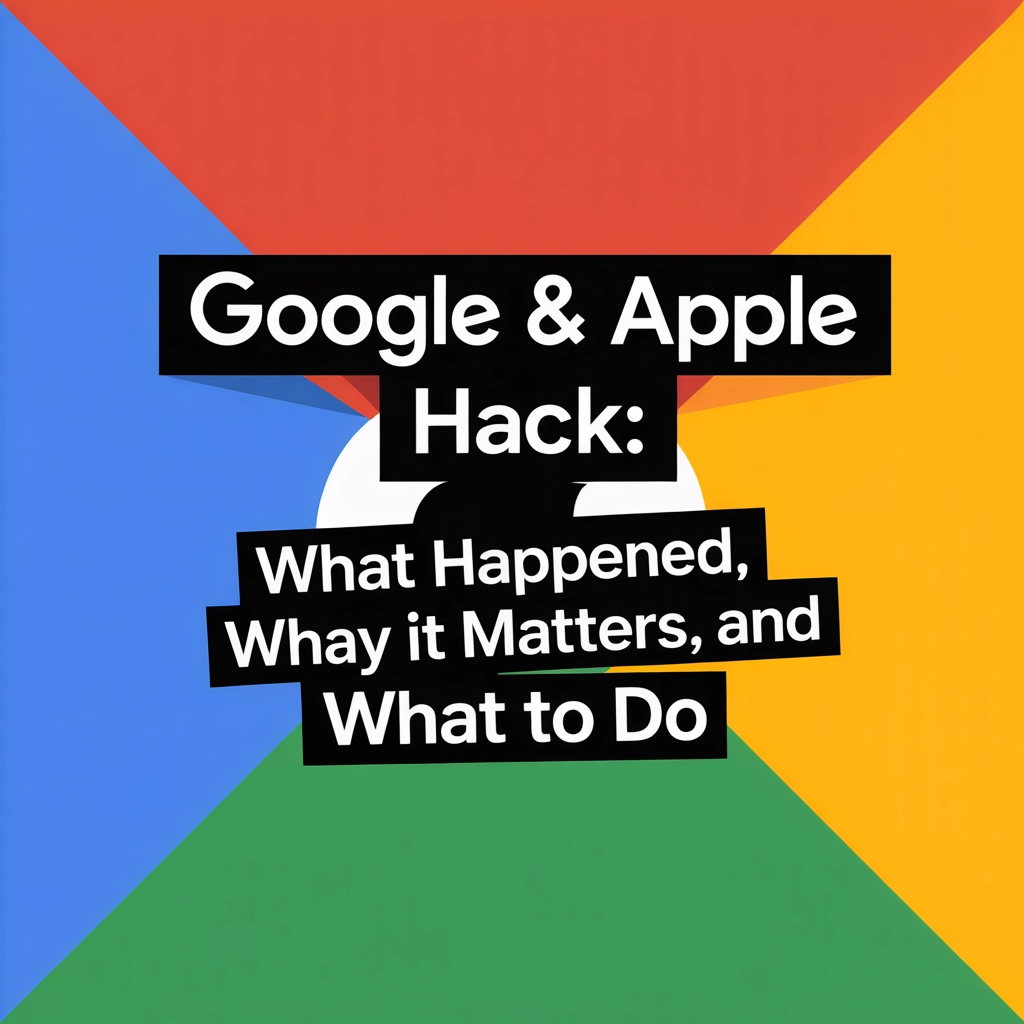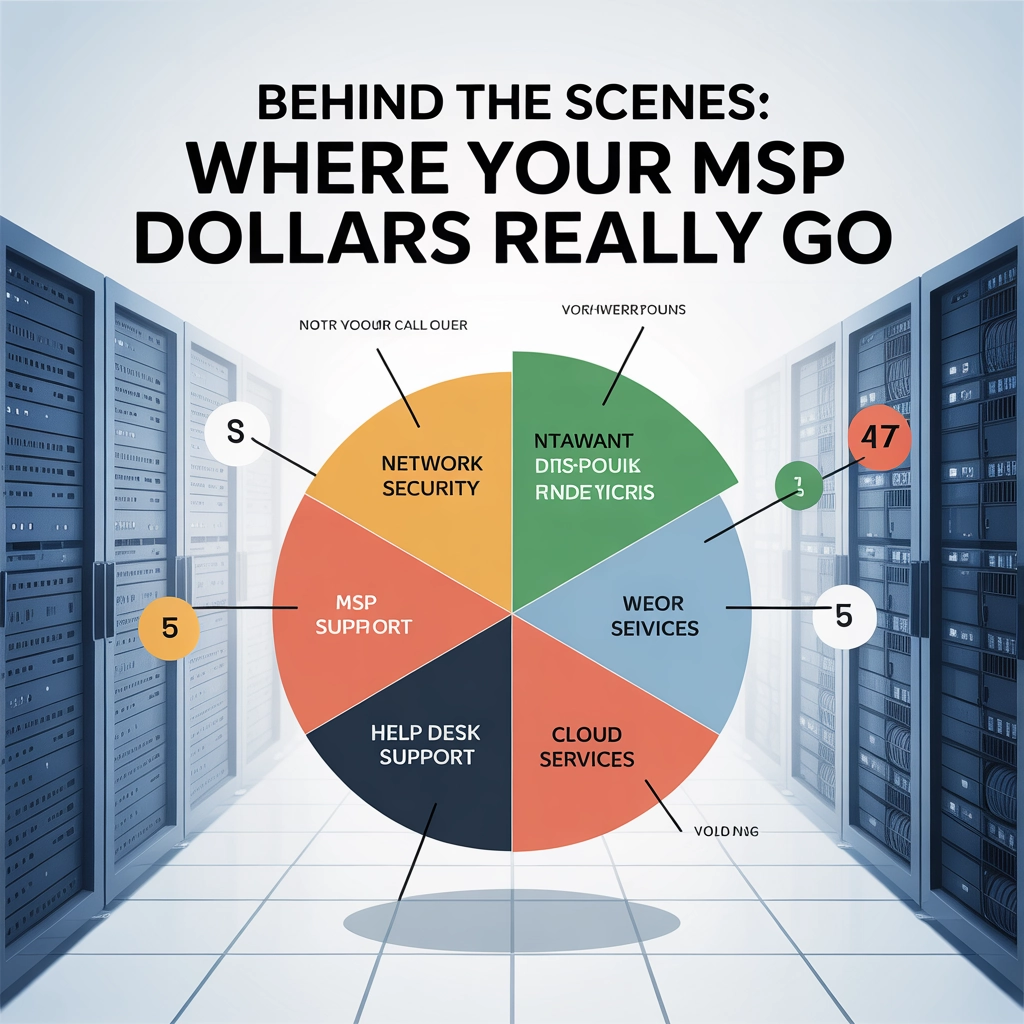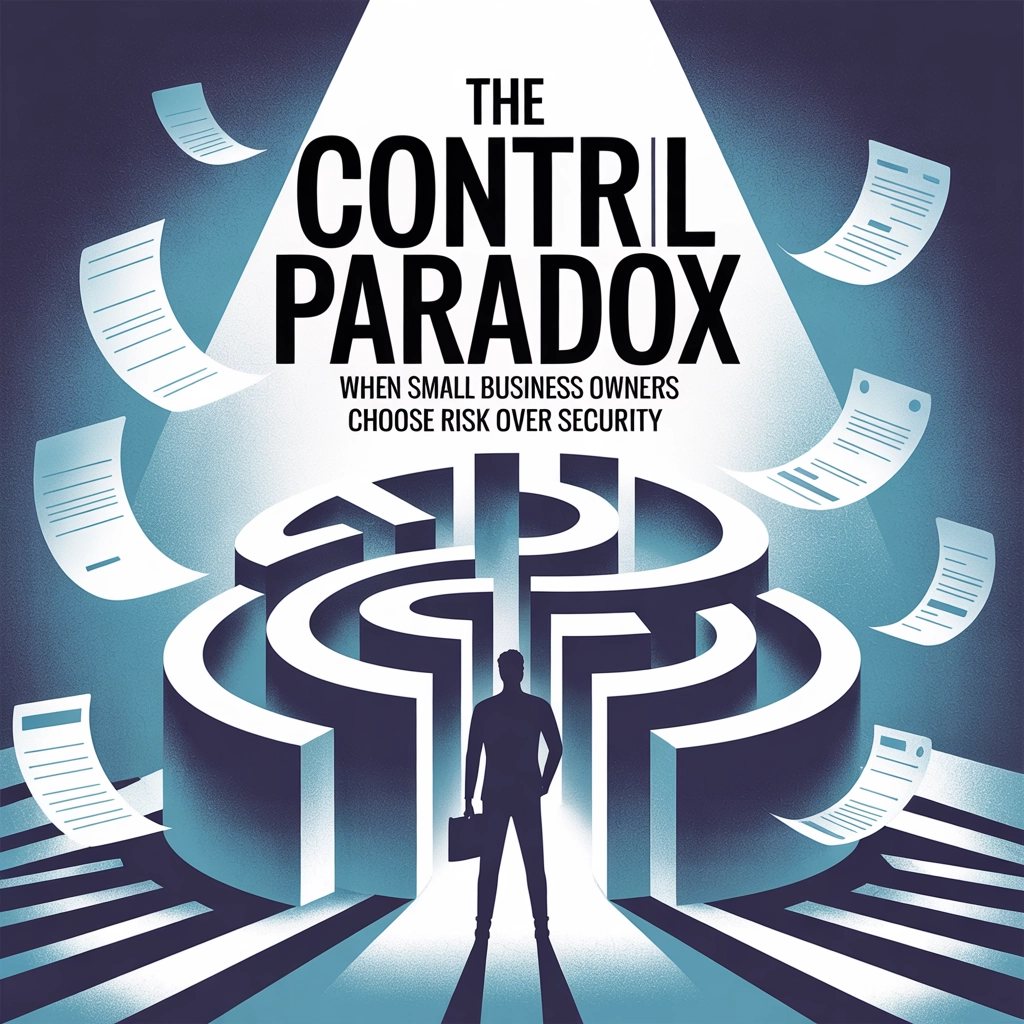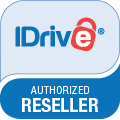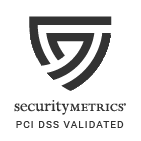This site talks a lot about email security and email providers, but what about email etiquette and best practices? Given how prevalent email is in modern communication, it’s critical that we use it properly. I have some quick email advice for you:
Use subjects appropriately.
This is a significant one. Subjects are just that: the subject of the email. For the sake of organization, keep to the subject of the email of the email. If your email is about dogs, all correspondence should be about dogs. In the long run, this can greatly improve productivity and organization.
Be responsive.
If you reach out to someone, you want to hear back from them, and vice versa. Respond to emails in less than 24 to 48 hours, on average.
Check your spam.
There is a lot of spam that comes in, and anti spam is fantastic. Even so, it happens frequently to miss genuine and significant emails when you don’t check your spam.
Be articulate.
Email is a form of communication. To ensure that others can understand what you’re trying to say, make sure your message is delivered clearly. A well-written email can reduce the amount of time spent asking for clarification.
Use spell and grammar checkers.
Along the same lines as articulation, check your grammar and spelling. Your message is easier to read as a result.
Spacing and bullet points can be your friends.
If you have a lot to say, try to organize it so the other party can easily follow it. Using just the right amount of spacing and bullet points with headers can make it easier to read.
Avoid extravagant fonts.
There is no need to make your entire email a garish color or font, although attractive fonts and colors do have their uses, such as drawing attention to certain words or phrases.
Emails are legally binding.
This is less of an etiquette thing and more of a heads-up. E-mails have the potential to be used in contractual contexts.
Business users shouldn’t use free email.
If your business is large enough to justify a $5/month email, please do yourself a favor and avoid any email that doesn’t end with @yourdomain.com. When you use a dedicated business email, it looks better to the recipient and has more security and business data protections. See an example of our best practices here.
Share this:
- Click to share on Facebook (Opens in new window) Facebook
- Click to share on Tumblr (Opens in new window) Tumblr
- Click to share on X (Opens in new window) X
- Click to share on Pocket (Opens in new window) Pocket
- Click to share on Pinterest (Opens in new window) Pinterest
- Click to share on LinkedIn (Opens in new window) LinkedIn


